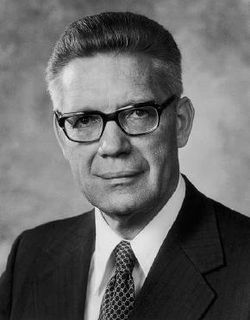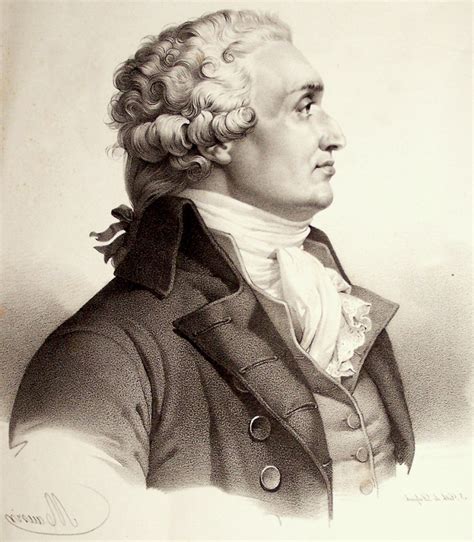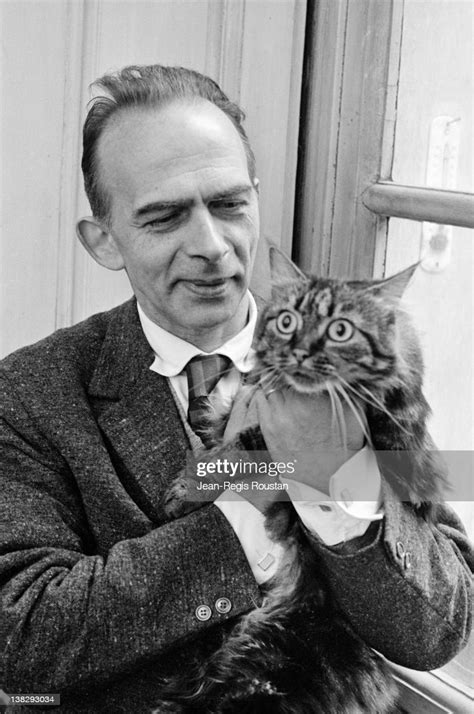A Quote by Frederick the Great
Man is made for error; it enters his mind naturally, and he discovers a few truths only with the greatest effort.
Related Quotes
Man is made of opinions,—of truth and error; and his life is a warfare like all other lives before him.... Man goes on developing error upon error till he is buried in his own belief.... It is the office of wisdom to explain the phenomena in man called disease, to show how it is made, and how it can be unmade. This is as much a science as it is to know how to decompose a piece of metal.
The greatest achievement is selflessness.
The greatest worth is self-mastery.
The greatest quality is seeking to serve others.
The greatest precept is continual awareness.
The greatest medicine is the emptiness of everything.
The greatest action is not conforming with the worlds ways.
The greatest magic is transmuting the passions.
The greatest generosity is non-attachment.
The greatest goodness is a peaceful mind.
The greatest patience is humility.
The greatest effort is not concerned with results.
The greatest meditation is a mind that lets go.
The greatest wisdom is seeing through appearances.
The individual man, in introspecting the fact of his own consciousness, also discovers the primordial natural fact of his freedom: his freedom to choose, his freedom to use or not use his reason about any given subject. In short, the natural fact of his "free will." He also discovers the natural fact of his mind's command over his body and its actions: that is, of his natural ownership over his self.
Live and act within the limit of your knowledge and keep expanding it to the limit of your life. Redeem your mind from the hockshops of authority. Accept the fact that you are not omniscient, but playing a zombie will not give you omniscience-that your mind is fallible, but becoming mindless will not make you infallible-that an error made on your own is safer than ten truths accepted on faith, because the first leaves you the means to correct it, but the second destroys your capacity to distinguish truth from error.
place where man laughs, sings, picks flowers, chases butterflies and pets birds, makes love with maidens, and plays with children. Here he spontaneously reveals his nature, the base as well as the noble. Here also he buries his sorrows and difficulties and cherishes his ideals and hopes. It is in the garden that men discover themselves. Indeed one discovers not only his real self but also his ideal self?he returns to his youth. Inevitably the garden is made the scene of man's merriment, escapades, romantic abandonment, spiritual awakening or the perfection of his finer self.
As the mind learns to understand more complicated combinations of ideas, simpler formulae soon reduce their complexity; so truths that were discovered only by great effort, that could at first only be understood by men capable of profound thought, are soon developed and proved by methods that are not beyond the reach of common intelligence. The strength and the limits of man
Error is a supposition that pleasure and pain, that intelligence, substance, life, are existent in matter. Error is neither Mind nor one of Mind's faculties. Error is the contradiction of Truth. Error is a belief without understanding. Error is unreal because untrue. It is that which stemma to be and is not. If error were true, its truth would be error, and we should have a self-evident absurdity -namely, erroneous truth. Thus we should continue to lose the standard of Truth.
The goal of mankind is knowledge ... Now this knowledge is inherent in man. No knowledge comes from outside: it is all inside. What we say a man 'knows', should, in strict psychological language, be what he 'discovers' or 'unveils'; what man 'learns' is really what he discovers by taking the cover off his own soul, which is a mine of infinite knowledge.
There are many more languages than we think: and man betrays himself more often than he desires. How things speak! - but there are very few listeners, so that man can only, as it were, chatter on in the void when he pours out his confessions: he squanders his ‘truths’, as the sun does its light. - Isn’t it rather a pity that the void has no ears?






































